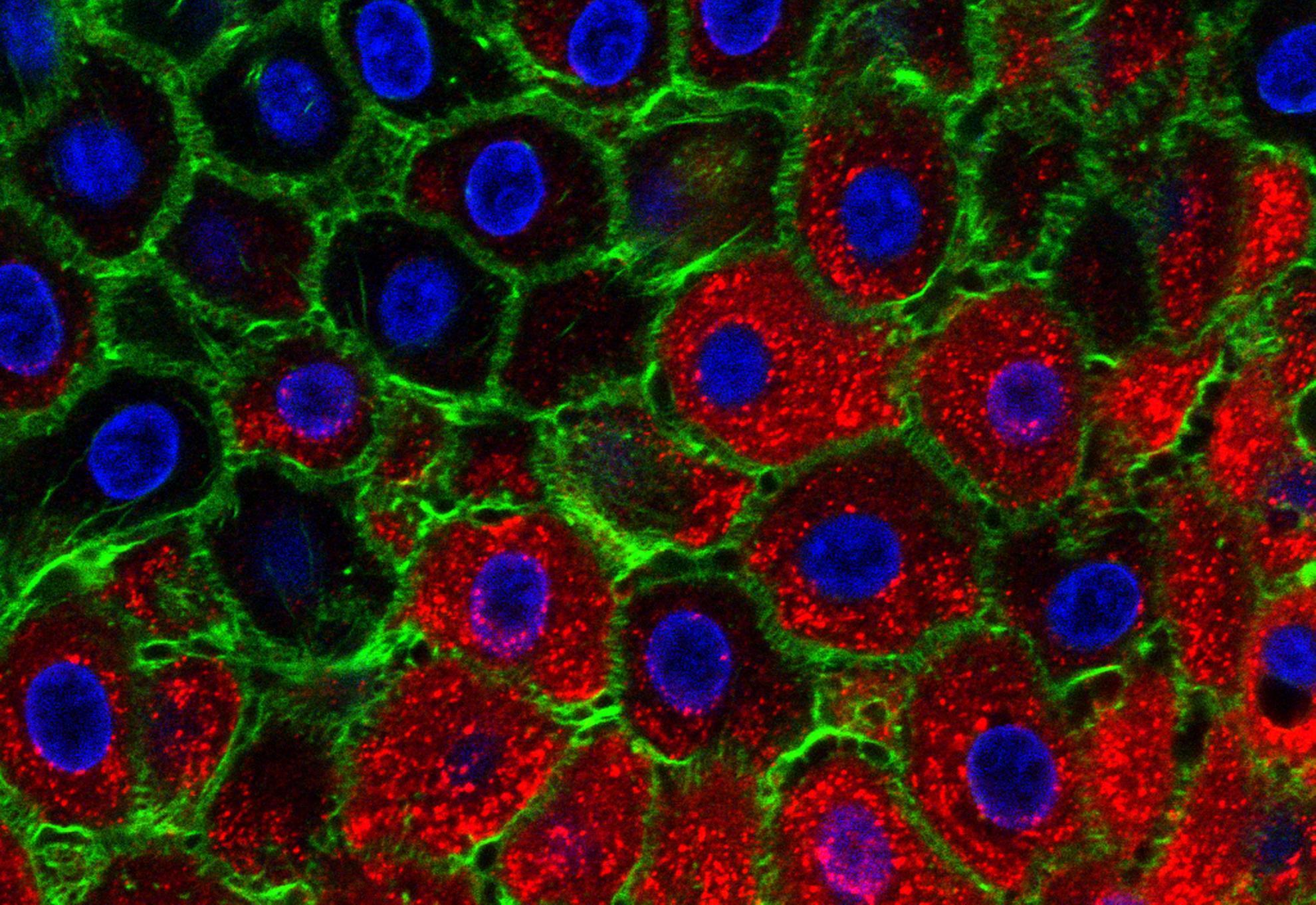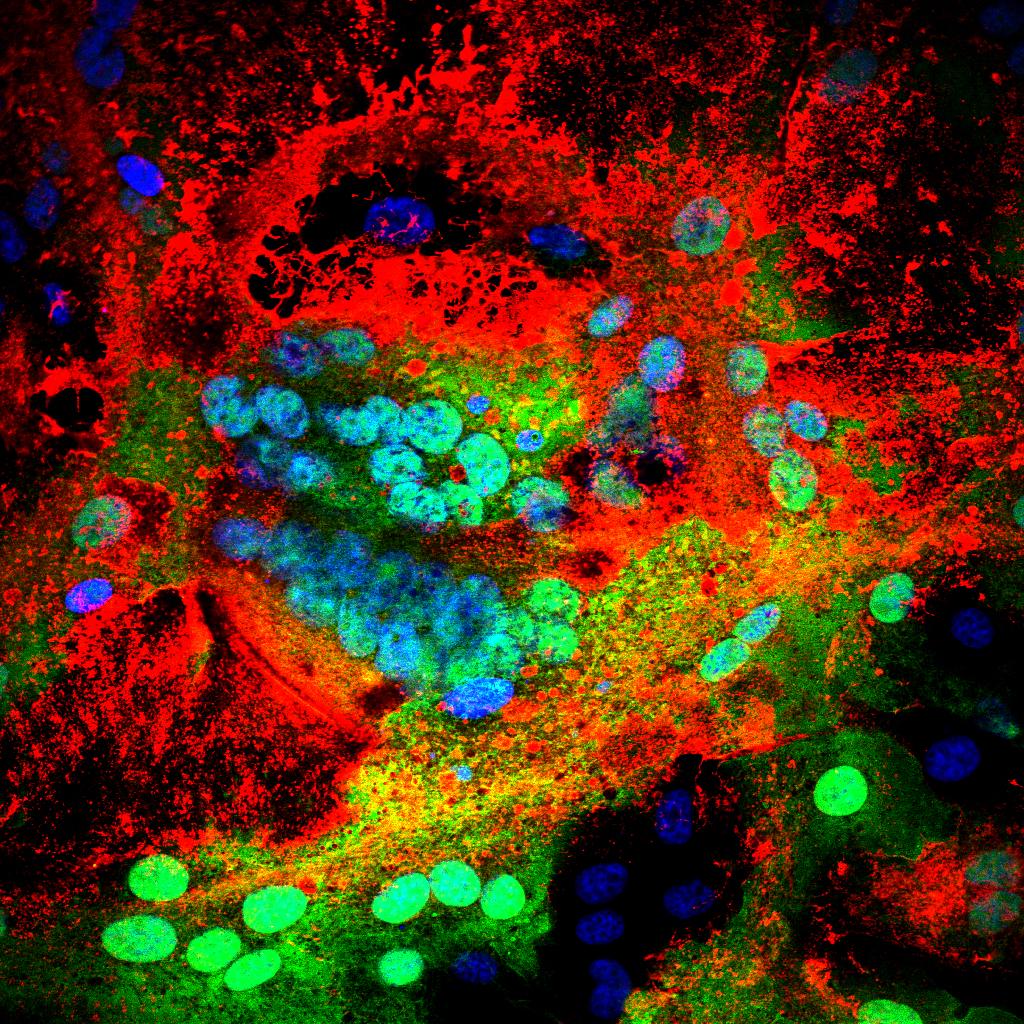Development and evaluation of molecular pen-side assays without prior RNA extraction for peste des petits ruminants (PPR) and foot and mouth disease (FMD)
Animal diseases such as peste des petits ruminants (PPR) and foot and mouth disease (FMD) cause significant economic losses in endemic countries and fast, accurate in-field diagnostics would assist with surveillance and outbreak control. The detection of these pathogens is usually performed at reference laboratories, tested using assays that are recommended by The World Organisation for Animal Health (OIE), leading to delays in pathogen detection. This study seeks to demonstrate a proof-of-concept approach for a molecular diagnostic assay that is compatible with material direct from nasal swab sampling, without the need for a prior nucleic acid extraction step, that could potentially be applied at pen-side for both PPR and FMD. The use of such a rapid, low-cost assay without the need for a cold chain could permit testing capacity to be established in remote, resource limited areas and support the surveillance activities necessary to meet the goal of eradication of PPR by 2030. Two individual assays were developed that detect > 99% of PPR and FMD sequences available in GenBank, demonstrating pan-serotype FMD and pan-lineage PPR assays. The ability for the BioGene XF reagent that was used in this study to lyse FMD and PPR viruses and amplify their nucleic acids in the presence of unprocessed nasal swab eluate was evaluated. The reagent was shown to be capable of detecting the viral RNA present in nasal swabs collected from naïve and infected target animals. A study was performed comparing the relative specificity and sensitivity of the new assays to the reference assays. The study used nasal swabs collected from animals before and after infection (12 cattle infected with FMDV and 5 goats infected with PPRV) and both PPR and FMD viral RNA were successfully detected two to four days post-infection in all animals using either the XF or reference assay reagents. These data suggest that the assays are at least as sensitive as the reference assays and support the need for further studies in a field setting.

